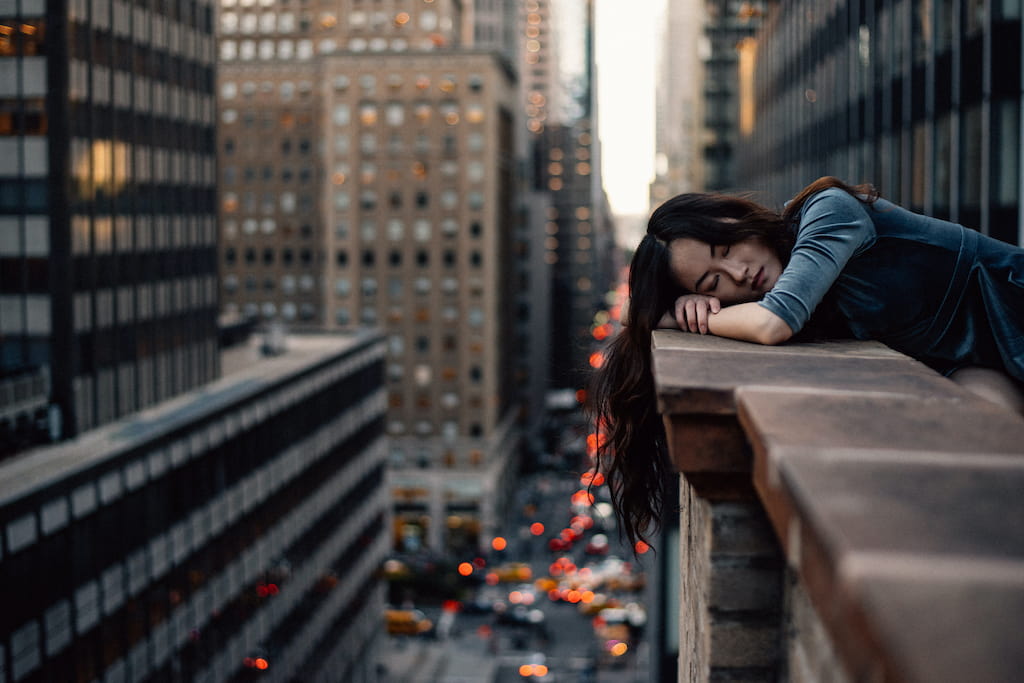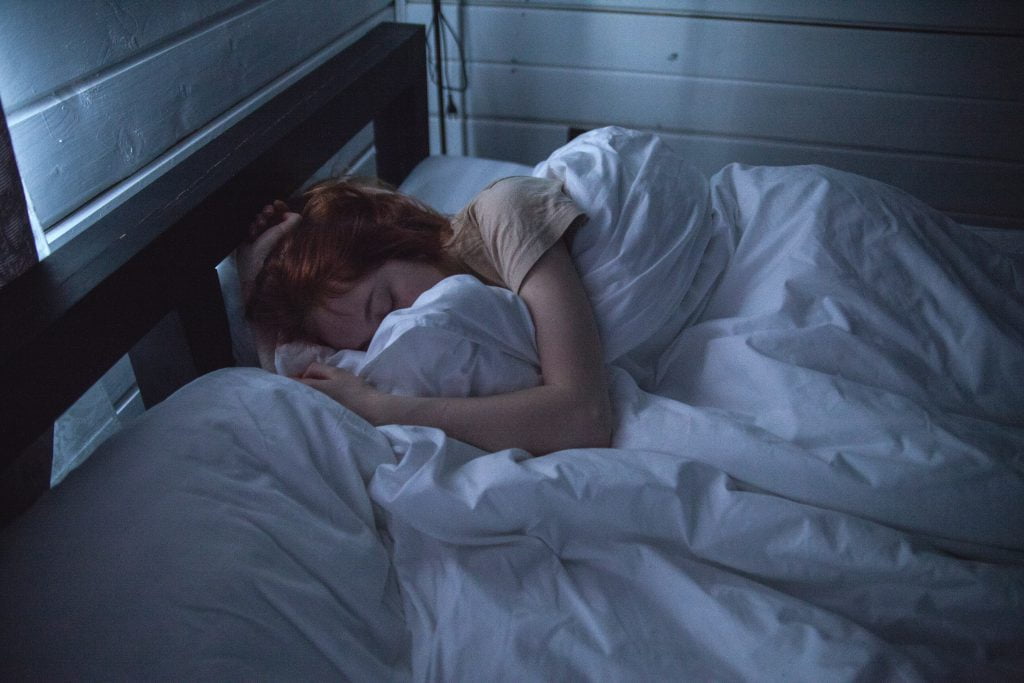Rediscovering Sleep

Content
If you’re like me or most people, you have probably experienced difficulty sleeping. You may not experience problems all the time — sleep issues may only happen for you now and again, such as during periods of stress. I recently started researching how to sleep better, in part because I’ve moved so much in the last few years that sometimes I wake up and don’t know exactly where I am. As a freelancer, sometimes my schedule can be hectic, and this adds an extra layer to sleep issues as well. I invite you to join me in this article in which I try to understand myths about sleeping, whether what’s considered “normal” is really normal and whether that “normal” kind of sleep really works for everyone.

“Normal” sleep
What is “normal” sleep, anyway? We’re all very concerned about being “normal,” and we can sometimes feel left out when we have habits that are perceived to be different than that norm. But normality is just as much a social construct as it is a biological one, so let’s reflect a little on our idea of what’s normal when it comes to sleep.
The consecutive eight-hour sleep
We read everywhere that sleeping well is good for our health and productivity, and that we should get at least eight hours every night. However, no one really knows how this concept was developed or why. Historical records reveal that people used to sleep in two blocks referred to then as the “first sleep” and the “second sleep.” The first sleep would take place after dusk. After that sleep, one would wake up for a few hours in the middle of the night, then the second sleep would be until morning. Between these two blocks, people would stay in bed to read or pray. Some would get up, smoke or even take a walk. It was so normal that doctors would recommend to couples trying to conceive that they have sex after the first sleep.
By the late 1600s, records about first and second sleep had all but disappeared. This disappearance of the two-block sleep pattern can be attributed to electricity and better infrastructure, which allowed for us to have an actual nightlife, such as having dinner later, going out for coffee or to bars. The historian Craig Koslofsky explains this shift in his book Evening’s Empire, writing that before the invention of street lighting, the night was reserved for criminals, sex workers, and drunks. In 1667, Paris was the first city to have lights on the streets, followed by Lile and Amsterdam. Being awake in the night became fashionable and going to bed early started to be seen as a waste of time. This notion only became more common after the Industrial Revolution.

Productivity and the eight-hour sleep
The emphasis on sleeping better so that you can become more productive is all well and good… until you get stressed out when you can’t sleep the eight hours you were supposed to. What we should do, then, is reflect on how much the preoccupation about sleeping a certain amount of time is actually important and makes a difference in our lives versus how much it is a cultural and economic-based construct. We all have ideas about what “being normal” means, and the energy we spend trying to fit in might be the exact thing that’s keeping us awake at night.
When it comes to productivity and sleep, there are some things to consider. For one, napping has been phased out of the Western culture in the same way as the two-block sleep has. The Spanish, for example, had their traditional nap banished from public offices in 2006, and in the same vein, in Japan, you can hardly find nap spaces in offices anymore. All of this has occurred due to the change in ideas about work ethic: these days, time spent sleeping is seen as a waste of money. On the other hand, some consultancies argue in favor of napping to increase productivity. Companies like Pepsi and IBM have tried introducing sleeping pods in the workplace. However, that didn’t increase productivity because not everyone is able to relax enough to take a nap during the day at the office — especially when we live in a technological age with so many things to distract us.

What’s normal for you?
I come from a very traditional family with traditional sleeping habits and “normal jobs,” so when I started freelancing it was hard for me to adapt. I have a completely different schedule, and it took me some time to understand that my “normal” wasn’t the normal I grew up with. I had to rethink my routines as well as my mindset. I choose a different way to work, live and sleep, but that doesn’t mean I now work any less, or that I’m lazy. What I’m trying to show with this example from my life is that we sometimes get caught up in certain ideas, and most of them weren’t created by us or work for us.
So, the most important point here is not exactly the sleeping part, but that it’s important to reflect on your own ideas about sleep. Are those ideas really your own beliefs about sleep? Have friends, family, and ideas in the media perhaps influenced your idea of what “normal” sleep patterns are? We should all reflect on these questions and our own mindset because we are all different and all have different needs. We need to figure out what works best for us. If this happens to be eight hours of sleep, that’s okay, just as it’s okay if you sleep in blocks, for less than eight hours, or by taking a nap in the afternoon.
Let’s start a conversation in the comments below. How much sleep do you need? If you have a non-traditional schedule, how do you plan your sleeping routine?


